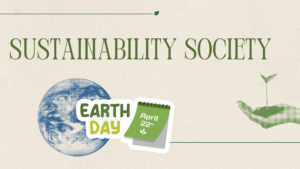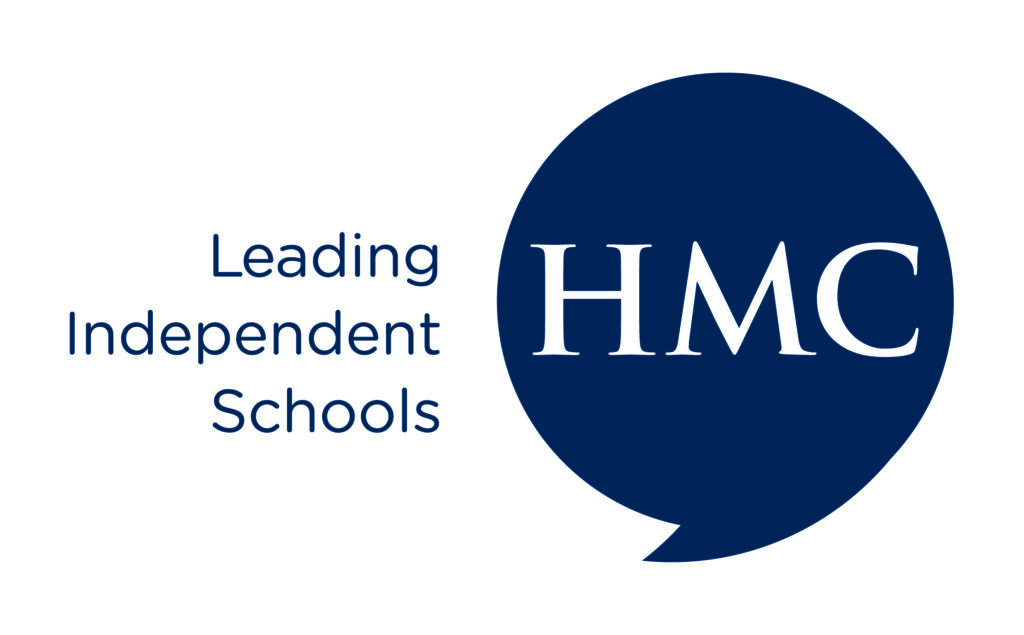The week beginning 22 June is the last of the academic year – irrefutably an unusual one. As well as this, it is Wellbeing Week at King Edward’s School. With so much awareness in recent years pertaining to mental health, it is crucial and of utmost significance that projects and initiatives are carried out to address these prevalent issues. The correlation between wellbeing and mental health is particularly strong. The aim of this week is to introduce students and staff alike to the importance of wellbeing and measures that can be taken to improve your wellbeing.
Such topics are often disregarded by younger students, however, I believe that feelings of wellbeing are fundamental to the overall health of an individual. In essence, the definition of wellbeing is the state of being comfortable, healthy or happy – something we all would love to attain. However, in the modern day with the pervasive nature of social media, it has become slightly harder to achieve wellbeing, which has been further exacerbated by the lockdown. So what can we do? What steps must we take? Here are some top tips to improve your wellbeing.
Top tips to boost your wellbeing
- Social interaction: Connecting with other people may seem like a basic task – and while it is, good relationships are vital to your wellbeing. However, there is a grey area; sole reliance upon technology or social media to build relationships is detrimental. Instead, try arranging a fixed time with your family to eat dinner together or meet up with some friends at the park. This will facilitate the establishment of stronger, closer and healthier relationships.
- Be physically active: We often associate wellbeing with purely mental health. However, it also refers to the body and physical aspects. The benefits of being active are substantial: physical activity helps to raise your self-esteem, gives you a sense of self-fulfillment and (for the scientists) even causes a chemical change in your brain which can positively impact your mood.
- Learn new skills: Keep yourself occupied and your mind active. Even if you feel like time is scarce, there are a plethora of ways to invigorate your learning.
- Give to others: A key aspect of this week were RAKs – random act of kindness. Irrespective of the magnitude of the act, such initiatives create positive feelings and a sense of self-reward. So when your parents are doing some DIY, offer to help out, or volunteer in your local community.
- Pay attention to the present: Mindfulness is something that we have all heard of. But what does it actually entail? Living in the present can enhance enjoyment of life and helps you to intrinsically understand yourself on a deeper level.
These are some of the main takeaway points from this week. The overall message of Wellbeing Week is not just to do this for the week and forget about it. Wellbeing is not something that can simply be achieved in a second or two. If you feel that these activities helped or even if you didn’t, I strongly urge you to continue, persevere and effectively, look after yourself. This is important for all of us, whether we are living with an illness or not.
Nikash Chekuri and Advait Kuravi











